
Confused About 10 OZ Or 300ML To Cups?
2025-09-24 13:00
Confused About 10 OZ Or 300ML To Cups? Here's A Simple Conversion
Have you ever found yourself in the kitchen, a recipe in hand, struggling to figure out how to convert 10 ounces or 300 milliliters into cups? From experienced chefs to first-time home cooks, correct measurements are key to a delicious meal. Even a small conversion error can completely alter the outcome of a dish.
Why Cup Conversions Matter: Getting It Right Every Time
When cooking or baking, exact measurements are key to achieving the desired results. An incorrect conversion can lead to dishes that are overly moist, excessively dry, or lacking in flavor. To start, here are some basic yet essential conversions:
While 10 ounces and 300 milliliters are similar in volume, understanding the subtle differences between them is crucial, especially for recipes requiring precision.
Ounces to Cups
1 US cup = 8 fluid ounces (fl oz)
So 10 ounces ÷ 8 = 1.25 cups
That means 10 ounces is 1 and 1/4 cups in the US measurement system.
Milliliters to Cups
1 US cup = 236.6 milliliters (ml)
So 300 ml ÷ 236.6 ≈ 1.27 cups
That means 300 ml is also about 1 and 1/4 cups.
Quick Comparison
10 ounces ≈ 295.7 ml
300 ml ≈ 10.14 ounces
So whether your recipe calls for 10 oz or 300 ml, they’re essentially the same amount—around 1.25 cups.
Pro Tip
Always check if your recipe uses US cups or metric cups (in countries like Australia, 1 cup = 250 ml). That small difference can matter for baking, where precision counts.
Everyday Uses of 10 oz and 300 ml Measurements
Beverages
10 oz coffee cup: Ideal for a café-style medium coffee, giving just the right balance between portion size and enjoyment.
300 ml water glass: A common standard in bottled drinks, especially widely used across Europe and Asia.
Cooking & Baking
Dry ingredients: With items like flour, 10 ounces refers to weight, meaning you’ll need a kitchen scale for accurate conversion.
Liquids: 300 milliliters measures volume and can be converted directly into cups, making recipes easy to follow.
Types of 10 oz/300 ml Cups: Materials and Their Benefits
Choosing the right cup depends on its material, as each option serves different needs:
Lightweight and cost-effective, paper cups are a go-to for both casual and commercial use.
Single-wall paper cups: Best for cold drinks or short-term use.
Double-wall paper cups: Add insulation, keeping beverages warmer longer and making them easier to hold.
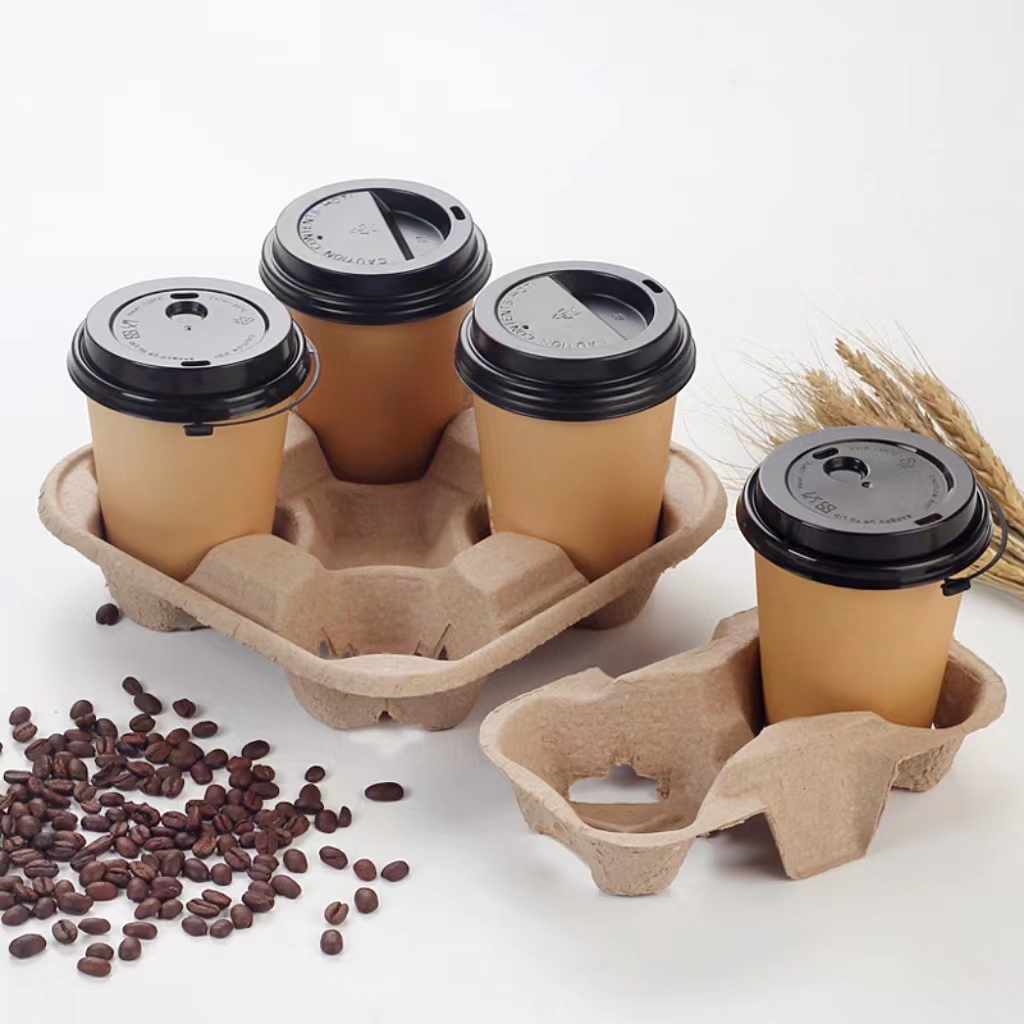
paper cups
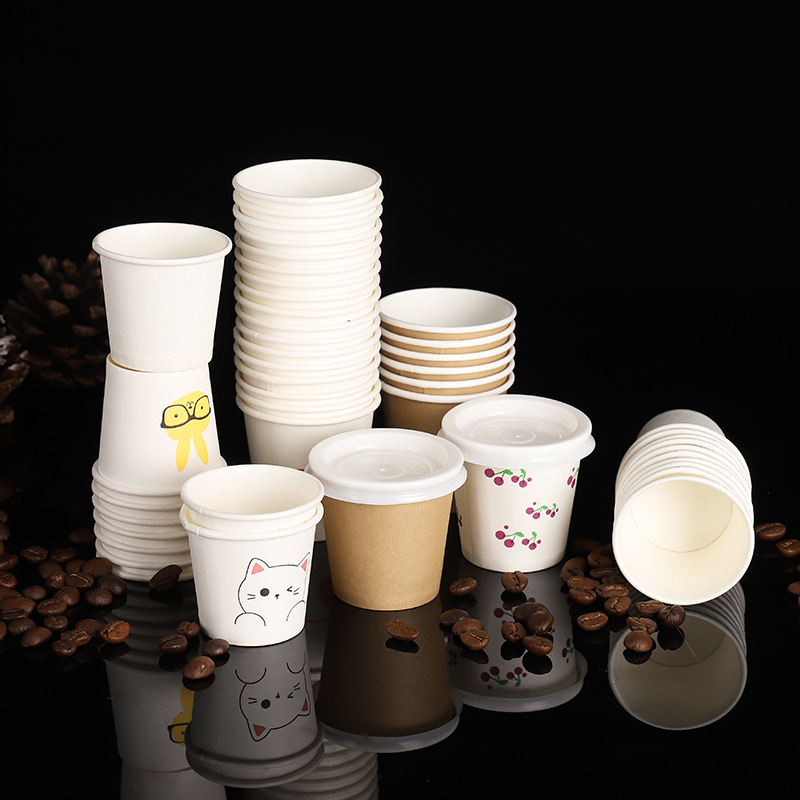
10 oz paper cups
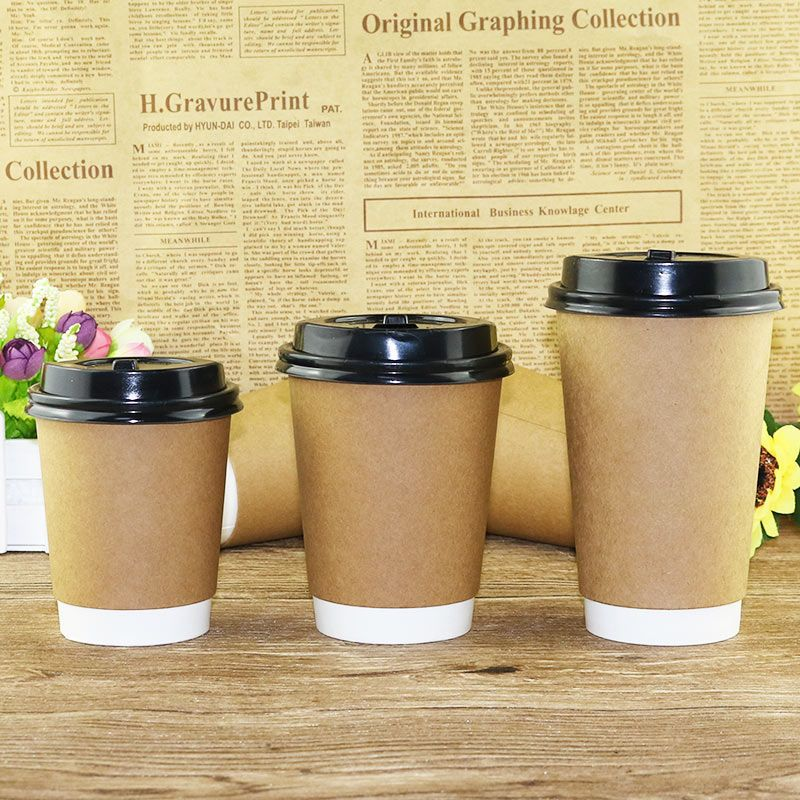
paper cups
Different plastics cups serve different purposes:
PET cups: Clear, durable, and perfect for iced beverages.
PP cups: Heat-resistant and microwave-friendly, making them great for hot drinks.
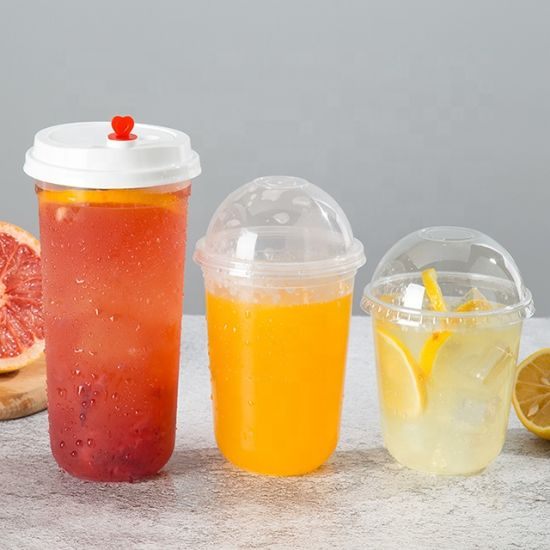
PET cups
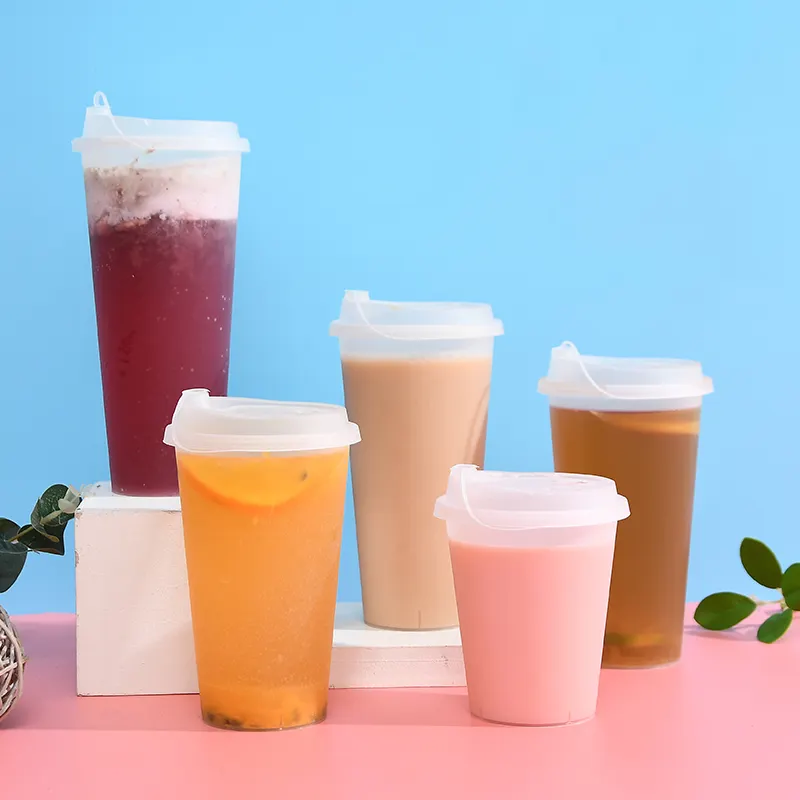
PP cups
Biodegradable Alternatives
Eco-conscious consumers are turning to sustainable choices:
PLA cups: Plant-based (from corn starch) and biodegradable in industrial composting environments.
Cornstarch cups: Renewable, compostable, and versatile enough for both hot and cold beverages.
Looking for 10oz / 300ml Eco Cups?
10 oz Paper Cups (Manufacturer & Wholesale)
300 ml PET Cups (Compostable, Cold Drinks)
Bagasse Bowls & Lids (Hot Soup / Takeaway)
Disposable Paper Bowl With Lids
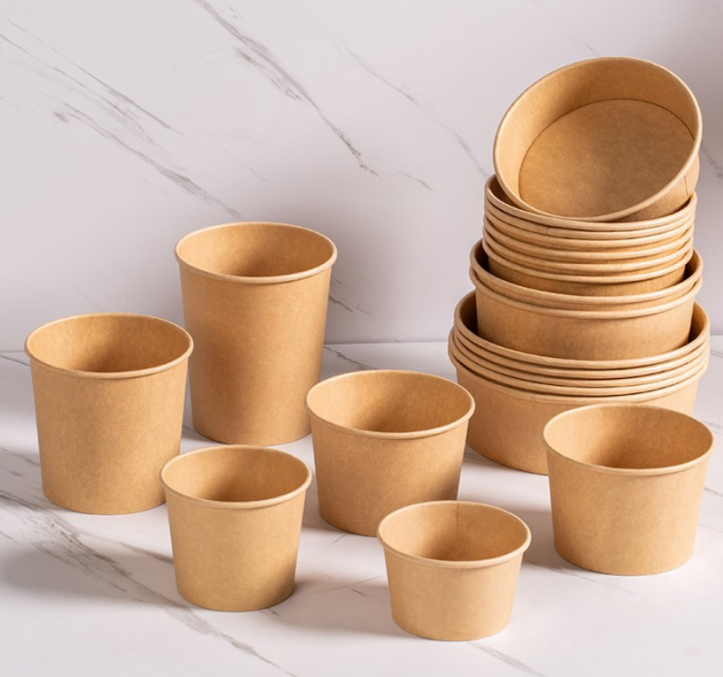
paper bowls
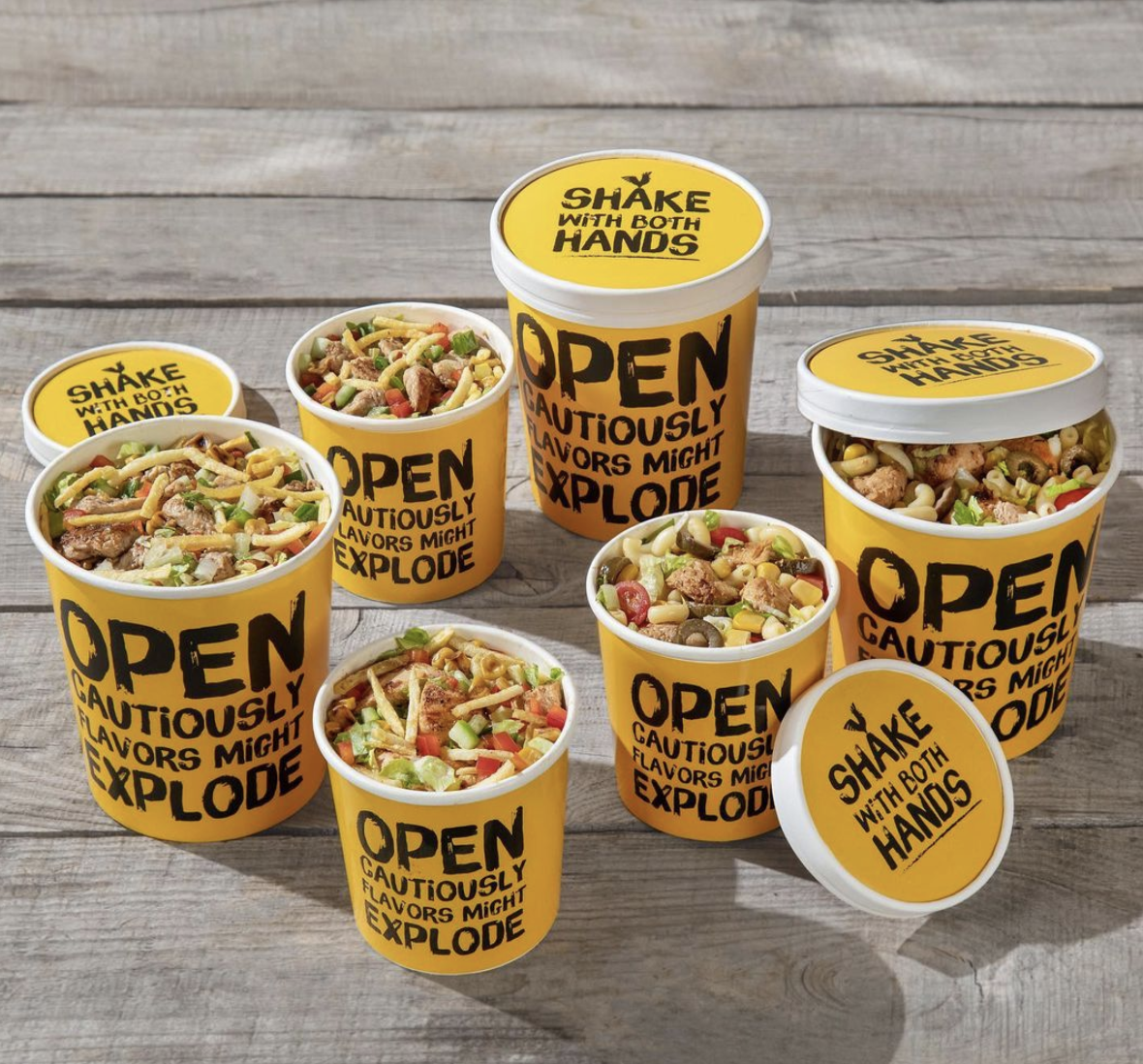
paper bowls
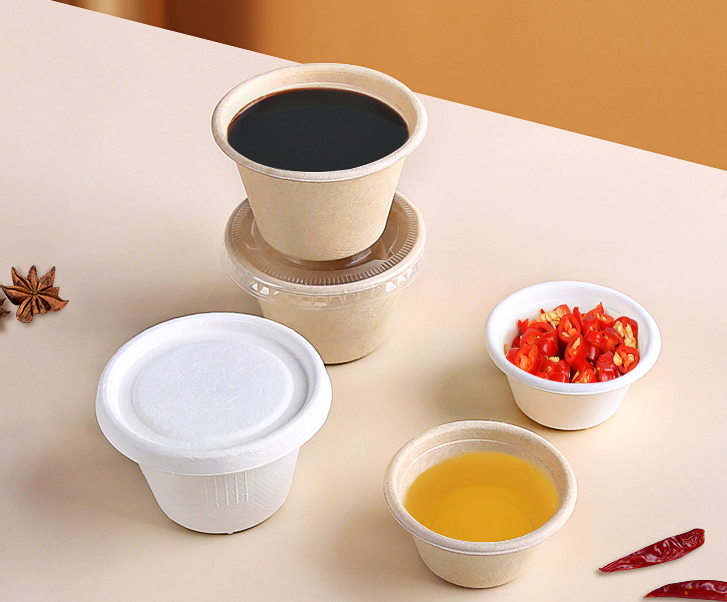
bagasse bowls
Expert Insight: Cup Usage Trends
The shift toward sustainable packaging is more than just a trend; it's becoming a standard across the food and beverage industry. Growing consumer awareness of environmental issues is driving companies to adopt eco-friendly solutions. According to the Green Packaging Trends Report, the global sustainable packaging market is projected to grow 5.7% annually through 2028. This growth is driven by both consumer demand and regulatory pressure to reduce plastic waste.
Xiamen Order Pack Tech, Co., Ltd. is a professional manufacturer and supplier of environmentally friendly disposable tableware and packaging. We have specialized in the production and sale of disposable food packaging for over 10 years, providing professional OEM/ODM solutions. With a dedicated staff, advanced machinery, and rigorous process flow, our products are certified by ISO, BRC, and FSC, and comply with FDA and EU standards.








